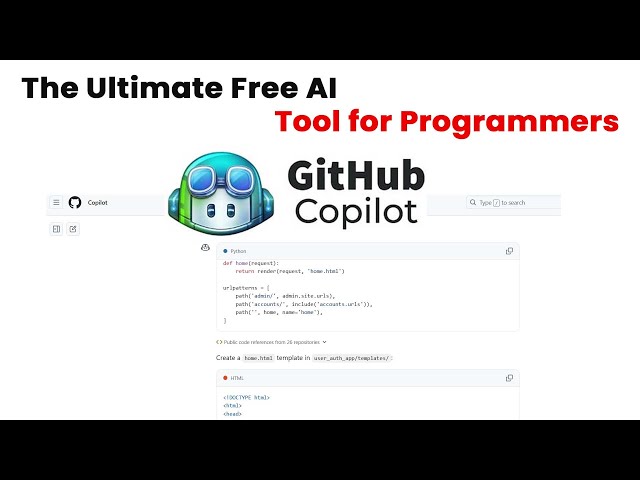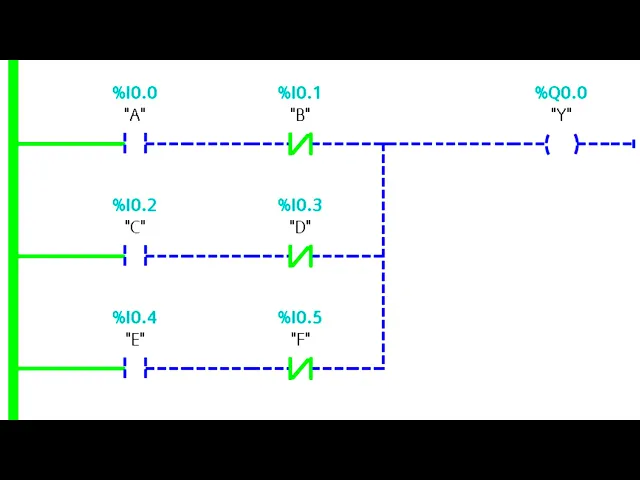Summary
Understanding Internal Tools and Workflow Automation
As a System Administrator, comprehending the dynamics of internal tools and workflow automation is crucial for optimizing organizational operations. Let’s dive into these terms:
Definition of Internal Tools:
Internal tools refer to custom-built applications designed to streamline and optimize an organization’s specific business workflows, processes, and policies. These tools act as personalized assistants, aiding employees in completing tasks related to various internal operations. Analogously, they’re like tailor-made suits that perfectly fit an individual’s unique measurements rather than off-the-rack options.
Understanding Workflow Automation:
Workflow automation involves using technology to automate repetitive tasks, enabling seamless execution of processes without constant human intervention. It’s akin to a well-programmed assembly line in a manufacturing plant, where each task is efficiently managed by machines, allowing human workers to focus on higher-level activities. This automation ensures smoother operations and reduces the likelihood of errors.
Average Cost and Factors Influencing Expenses
When considering building internal tools, understanding the associated costs is paramount. Here’s an insight into the financial aspects:
Average Cost of App Development:
The average cost of developing an app is approximately $150,000, encompassing planning, design, development, maintenance, and testing. It’s similar to constructing a customized house; costs vary based on the design complexity, materials used, and additional features integrated into the structure.
Factors Influencing Expenses:
The overall expense of app development hinges on various factors such as developer expertise, project complexity, and industry requirements. For instance, hiring specialized developers (Android, iOS, web) individually can significantly escalate costs, ranging from $90 to $120 per hour each, akin to hiring master artisans for intricate detailing in a custom-designed piece.
Low-Code Development for Efficiency
Low-code development is emerging as a cost-effective solution for creating internal tools. Let’s explore this avenue:
Benefits of Low-Code Development:
Low-code development platforms offer an affordable, fast, and scalable way to craft internal tools. Picture a DIY model kit—easy-to-follow instructions (drag-and-drop interfaces) enable assembling tools without intricate coding expertise, empowering even non-developers to create functional applications.
Zoho Cliq’s Developer Platform Features:
Platforms like Zoho Cliq offer seamless integration with existing communication tools, contextual features, and the ability to build cross-platform business applications with minimal programming knowledge. Think of it as an all-in-one toolkit that effortlessly integrates into your existing work environment, simplifying tasks without requiring additional installations or disruptions.
Encouragement to Explore and Build
Empower yourself to explore the world of internal tool development with the Cliq platform:
Cliq 5.0 Release and Support:
The recent updates in the Cliq 5.0 release signify continuous improvements and enhancements. Dive in, build your first app today, and join the developer community to leverage ongoing support and updates. Just like an evolving ecosystem, embrace these changes to elevate your organizational efficiency.
























